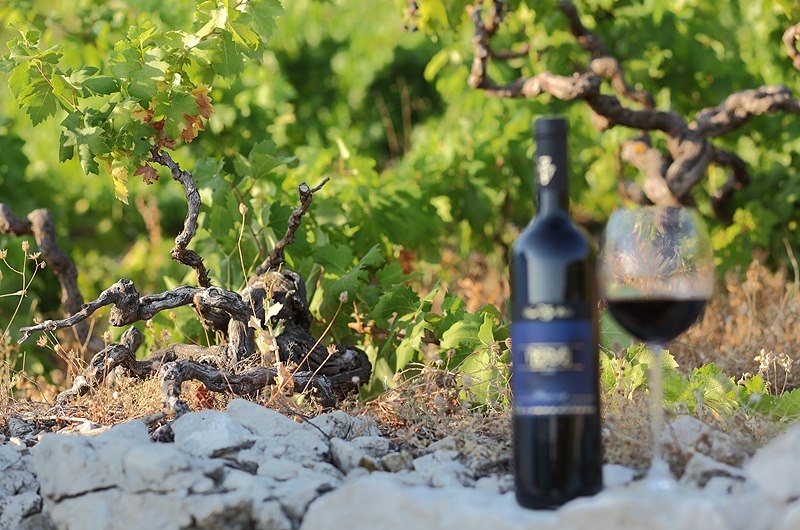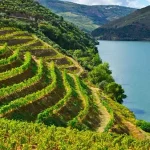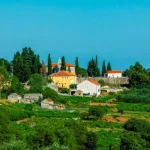
Vukas winery on the Pelješac peninsula is one of Croatia wine scene’s rising stars, with that title mostly referring to Dubravko Vukas, one of two brothers running the winery, while the other brother, Đani, is sort of a shadow figure, always present but never under the spotlight.
Located in Ponikve, a village on Pelješac 7 km from Ston (so, very close to the mainland and Dubrovnik), Vukas winery is in quite an upscale neighbourhood: Miloš, Marlais, Rozić, Andrović and Ledinić are all located there! And Miloš’s vineyards are right next to their vineyards, also facing south, toward Mljet, at about 200 meters altitude, an ideal position for a plavac mali.
Mostly planted by their father in second half of the twentieth century, the brothers realized that the vines they have been fortunate to inherit are absolute treasure, and that they need to apply the best modern techniques in order to reduce per vine yield, thus drastically improving the quality of their wine. And the results came rather soon after that change of philosophy in 2003: in 2006 they produced their first premium wine, labelled Plerej, made from the vines planted “on the hill”, the location we mentioned before. And every plavac mali winemaker’s dreams came true in 2009, which was the year of perfect conditions and Vukas family decided to make Plerej Grand Cru, later harvest wine, a rare semi-dry plavac with whopping 16.2% alcohol content and a lot of tannins.
They say that the not trying to produce plavac in a manner that would make it acceptable on the broader market, rather very strong variety character plavac, robust and quite fruity, appealing to the plavac connoisseur. Such wines need to age in oak, there’s no way around that, and Vukas winery ages both their top wine Plerej and their other label, Mato (still premium quality wine, but at a much more affordable price range, from the grapes grown “in the field”, a less valued location for vineyards in Ponikve), and recommends that you give their wines a chance to breathe before consumption.
In the future they want to try and pick their grapes as late as possible, to produce more semy-dry or even sweet wines, as Dubravko believes that the remaining sugar helps cover some of the tannins. In the meantime, they will continue to make a wonderful refreshing rose every year, as well as maintain their modest production of rukatac, a local white favourite.









